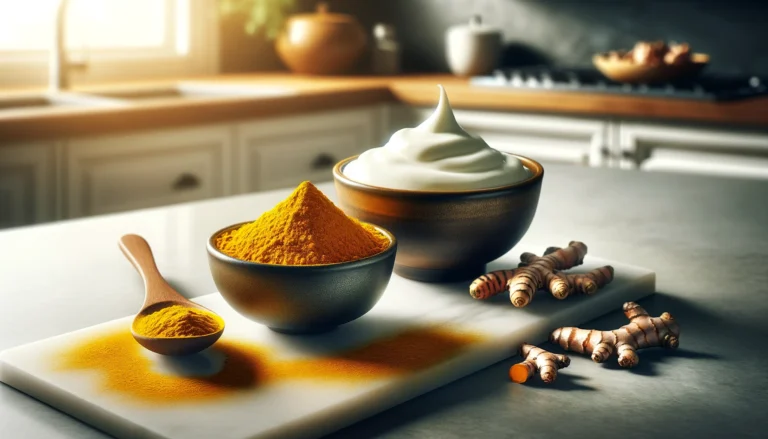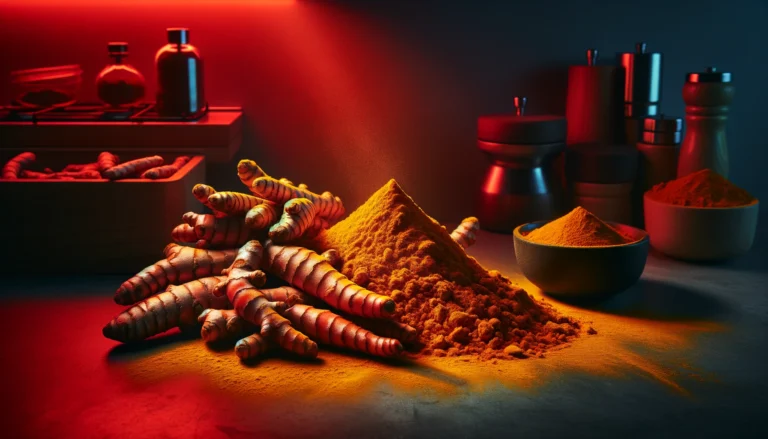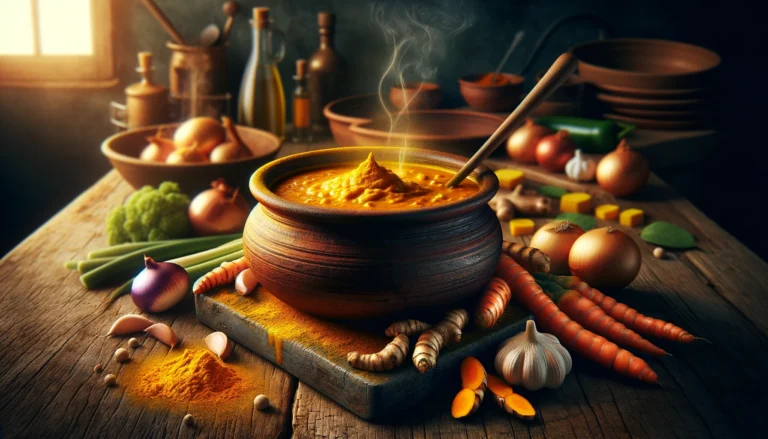Can I Mix Turmeric With Greek Yogurt?
Yes, you can mix turmeric with Greek yogurt. Combining turmeric with yogurt can create a face mask that may offer potential skincare benefits. The anti-inflammatory and antioxidant properties of turmeric, along with the lactic acid in Greek yogurt, may contribute to a soothing and brightening effect on the skin. However, it’s essential to perform a…








